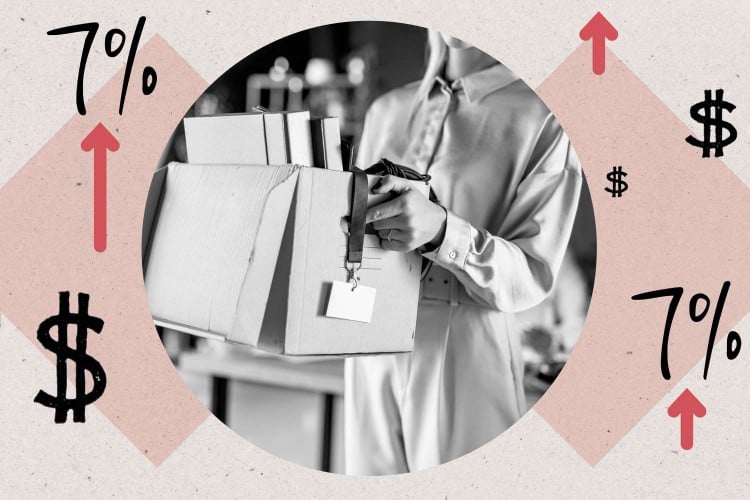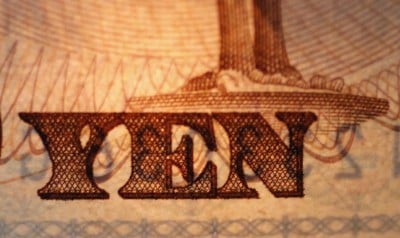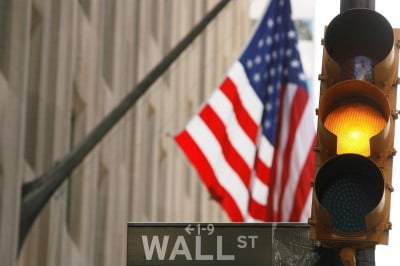
If Republicans and Democrats do not reach a deal over the nation’s debt ceiling, the financial fallout could damage the economy so badly that unemployment could jump to 7%, according to an analysis.
An increase of that size would mean 6 million people would lose their jobs, according to a report this week by Moody’s Analytics chief economist Mark Zandi. His forecast showed that the latest debt ceiling standoff could inflict significant economic damage if not resolved, including doubling the current 3.5% unemployment rate.
The U.S. government reached the $31.4 trillion debt limit imposed by Congress on Jan. 19, and since then has been relying on accounting tricks by the Treasury Department in order to keep the government running. These tactics are allowing the U.S. to continue paying its creditors which include people who hold Treasury bonds, pension funds, foreign governments, and others.
Congress has the power to raise or suspend the debt ceiling, as it has done approximately every nine months since 1978, but power in the government is divided between Republicans (who control the House of Representatives) and Democrats (who control the Senate and the presidency). The two sides disagree on how to approach the national debt.
Republicans have said they won’t raise the debt ceiling unless Democrats agree to cuts to government spending. For their part, Democrats say they won’t negotiate over the debt ceiling and want it raised without any restrictions.
The government can continue to run using “extraordinary measures” until early June, Treasury Secretary Janet Yellen said earlier this month. Moody’s estimates the measures—which include suspending payments into multiple funds, including pensions for federal employees—will last until August or as late as October.
Economists and officials have warned that if the impasse were to outlast the measures, there would be dire consequences. Basic government services like Social Security benefit payments would be threatened and the U.S. would default on its debt, leaving it unable to pay its creditors.
A U.S. default would cause global investors to lose faith in the government’s ability to pay its bills, rocking the financial system, Zandi said. Stocks would plunge and interest rates would surge. Even if a default is solved quickly, the U.S. would no longer be able to borrow money on the favorable terms it has enjoyed until now.
“Even if it is quickly resolved, Americans likely would pay for this default for generations, as global investors would rightly believe that the federal government’s finances have been politicized,” Zandi said in the report.
The debt ceiling conflict comes at a time when many forecasters are already predicting the U.S. economy will sink into a recession as a result of the Federal Reserve’s anti-inflation interest rate hikes.
“The timing could not be worse for the economy,” Zandi said in the report.
Have a question, comment, or story to share? You can reach Diccon at [email protected].






